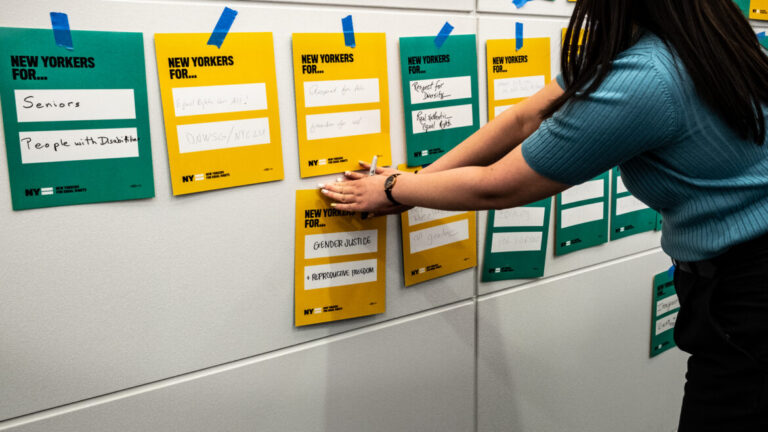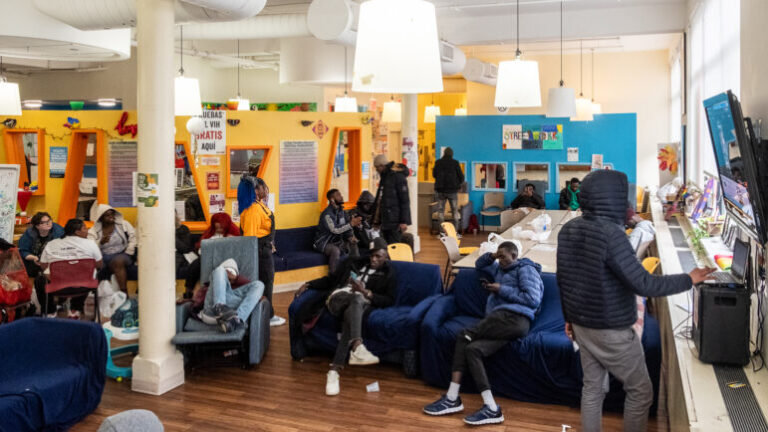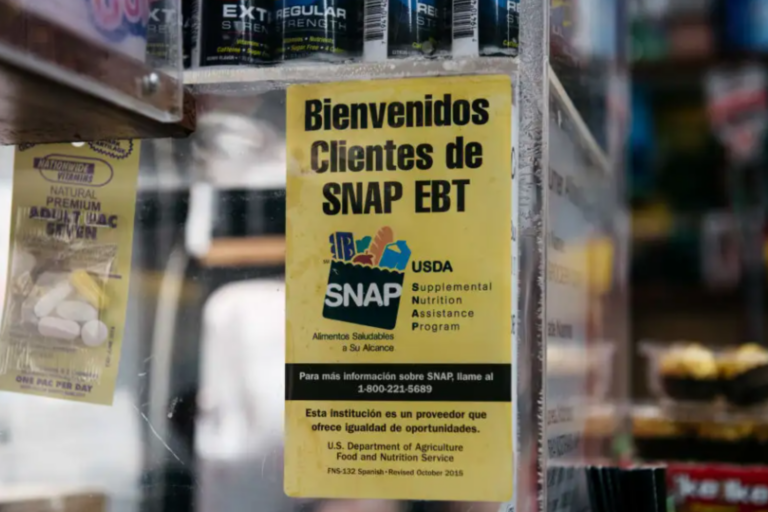The recent increase of immigrants in New York has highlighted the need for legal interpreters fluent in less common languages, as they are crucial for ensuring effective communication and access to justice. NYLAG’s Melissa Chua spoke with Bloomberg Law about this issue and the long-term investment needed to address it.
“Thousands of migrants and asylum seekers from West Africa, Latin America, and China enter New York City every week, speaking a variety of languages from West African Wolof to indigenous Ecuadorian Kichwa to Chinese Min Nan.
“Fears of discrimination lead many migrants to say they speak a more common language to ensure they get connected to a translator. A severe shortage of translators fluent in less common languages combined with a lapse in municipal funding for translation programs means migrants in New York are experiencing severe difficulties in getting proper legal services both in and out of the courtroom.
“Translators help people who speak limited or no English work their way through every step of the legal process. They help migrants communicate with lawyers about their legal situation. They help with important paperwork like asylum applications. They assist when migrants testify in court proceedings.
“In 2023, the city ponied up $5 million to fund interpretation services, but it’s opted not to renew that funding as agencies across the city slash budgets. New York is facing ‘significant fiscal challenges,’ Mayor Eric Adams (D) said in November, pointing out that the city has spent $1.45 billion on the migrant crisis and is expected to spend nearly $11 billion in 2024 and 2025 with no help from the federal government in sight.
“The lack of funding for language services has outraged advocates who say it will penalize migrants with asylum status but also thousands with pending applications who need interpreters.
“’The language phone lines don’t necessarily have enough interpreters to meet the needs of the West African or indigenous speaker populations,’ said Melissa Chua, co-director of the Immigrant Protection Unit at New York Legal Assistance Group.
“The language needs aren’t always clear-cut, as common languages like French can have vast differences in dialect between countries. And even if an interpreter for a given language is available, some migrants—especially those that speak indigenous Latin American languages—opt to request other languages due to fears of discrimination…
“At some point, thousands of migrants and asylum seekers will have to go to court where they’ll have to provide testimony and supporting evidence, said Chua.
“It’s ‘super important’ that there’s clear communication, Chua said. ‘That’s why we’re advocating for long-term investment,’ she added.”
Read the full piece by Beth Wang in Bloomberg Law from December 20, 2023.








